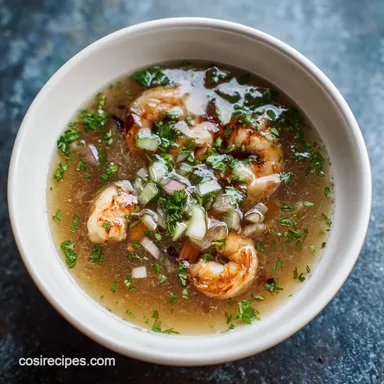 🔥 Trending
🔥 Trending
Japanese Clear Onion Soup Recipe
Master Japanese Clear Onion Soup with our technique to decode that savory depth. This easy Japanese ...
Looking for your next meal? Discover tested recipes—from authentic Hibachi rice to crispy Branzino & homemade sweets. Triple-tested by experts. Start cooking today!
Master this blackened mahi mahi recipe using our step-by-step guide for a quick dinner. Includes an exact timing chart for perfect seasoning. Ready in 13 minutes.
View Recipe 🔥 Trending
🔥 Trending
Master Japanese Clear Onion Soup with our technique to decode that savory depth. This easy Japanese ...
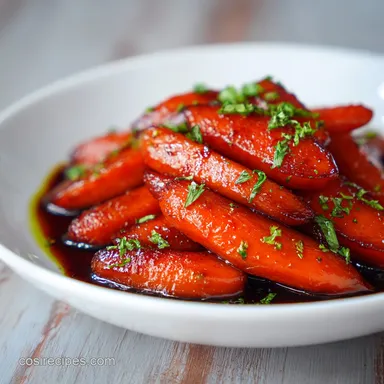 🔥 Trending
🔥 Trending
Master honey glazed carrots stove with our simple steam-sauté hybrid technique. Includes a common m...
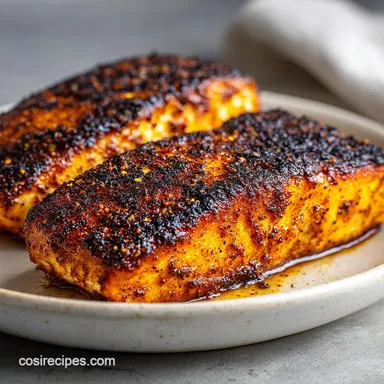 🔥 Trending
🔥 Trending
Master this blackened mahi mahi recipe using our step-by-step guide for a quick dinner. Includes an ...
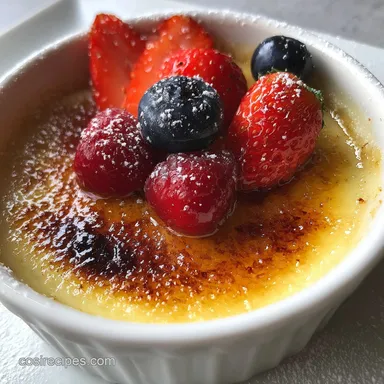 🔥 Trending
🔥 Trending
Master classic creme brulee recipe with our low-and-slow method. Includes exact temp chart and a com...
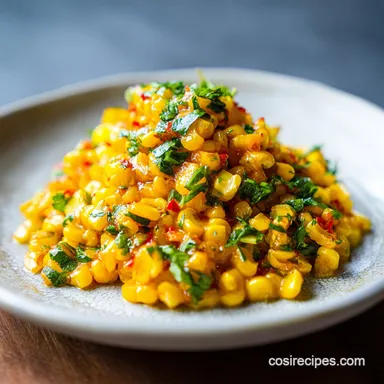 🔥 Trending
🔥 Trending
Master this vibrant Sweet Corn Relish with our step-by-step guide. Includes a common mistakes checkl...
 🔥 Trending
🔥 Trending
Master Grilled Whole Branzino with our easy recipe featuring lemon and garlic. Includes an exact tim...
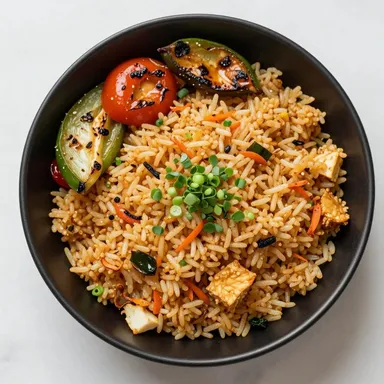
Make the side dish the star! Discover authentic Hibachi rice, Southern chow chow, and savory…
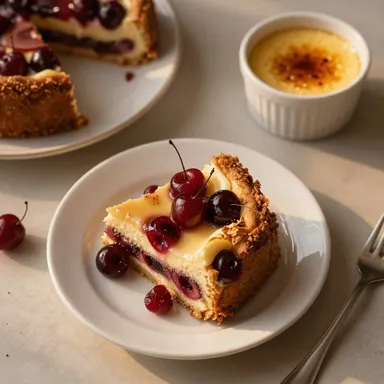
Satisfy your sweet tooth with Salima's tested favorites. Indulge in perfect creme brulee, fluffy…

Cook fish with confidence. From crispy pan-seared Branzino to quick shrimp skewers, find healthy,…

Stuck on what to cook? Explore easy weeknight dinners and family favorites—from quick taco bowls to…

Master this blackened mahi mahi recipe using our step-by-step guide for a quick dinner. Includes an exact timing chart for…

Master honey glazed carrots stove with our simple steam-sauté hybrid technique. Includes a common mistakes checklist and exact…

Master Japanese Clear Onion Soup with our technique to decode that savory depth. This easy Japanese soup recipe features a dual…
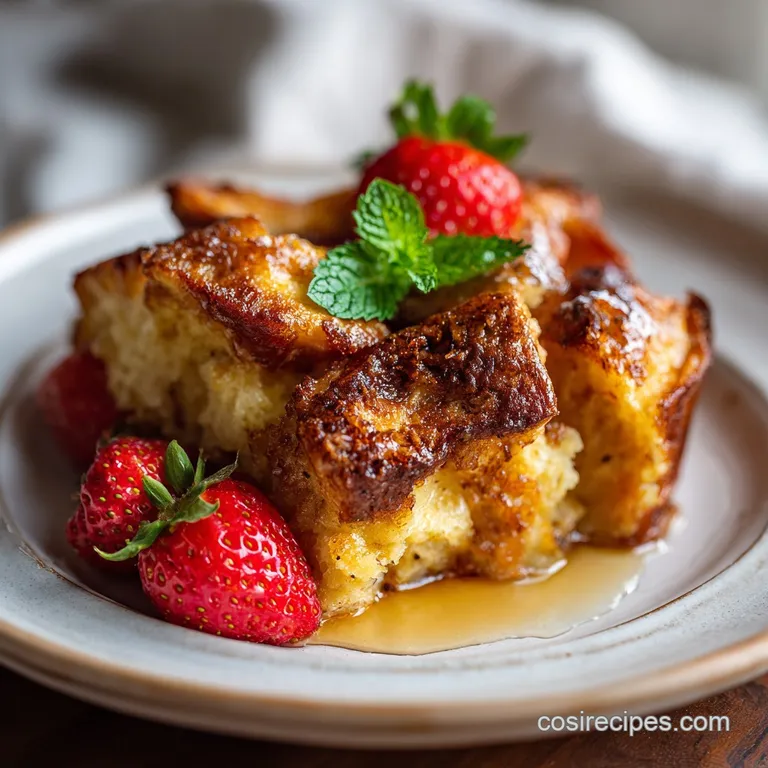
Master this easy Brioche French Toast Casserole recipe featuring a fluffy interior and crispy oat topping. Includes a…
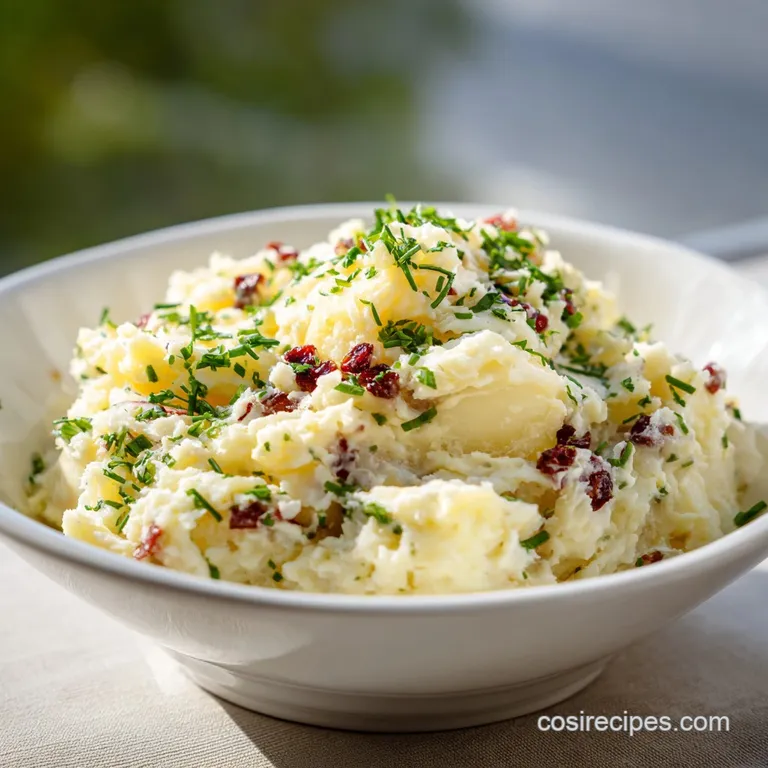
Master authentic german potato salad with our warm bacon vinaigrette recipe. Includes a step-by-step timing guide for perfect…

Master Pan Seared Scallops with our 15-minute guide featuring a garlic butter finish. Includes exact timing chart and common…
Welcome to Cosi Recipes, where we believe cooking shouldn't be complicated—it should be delicious, doable, and actually fun. We're not about fancy ingredients you can't pronounce. We're about real food for real people, tested three times in real kitchens to make sure they actually work when you need them most.
Every single recipe you'll find here has been triple-tested by our team, led by Salima Barel and our expert cooks. Whether you are craving restaurant-style dishes or comforting family classics, that's the Cosi Recipes promise.
Dinner is the main event, and we take it seriously. Our collection ranges from quick weeknight taco bowls to elegant weekend feasts.
Why go out when you can make it better at home? We specialize in unlocking the secrets of your favorite restaurant dishes.
Because life needs sweet moments. Our dessert collection, curated by Salima, ranges from nostalgic cakes to impressive classics.
Whether you're a confident home cook looking for fresh inspiration or someone who's just learning to navigate the kitchen, Cosi Recipes has your back. Welcome to our kitchen—we're so glad you're here.